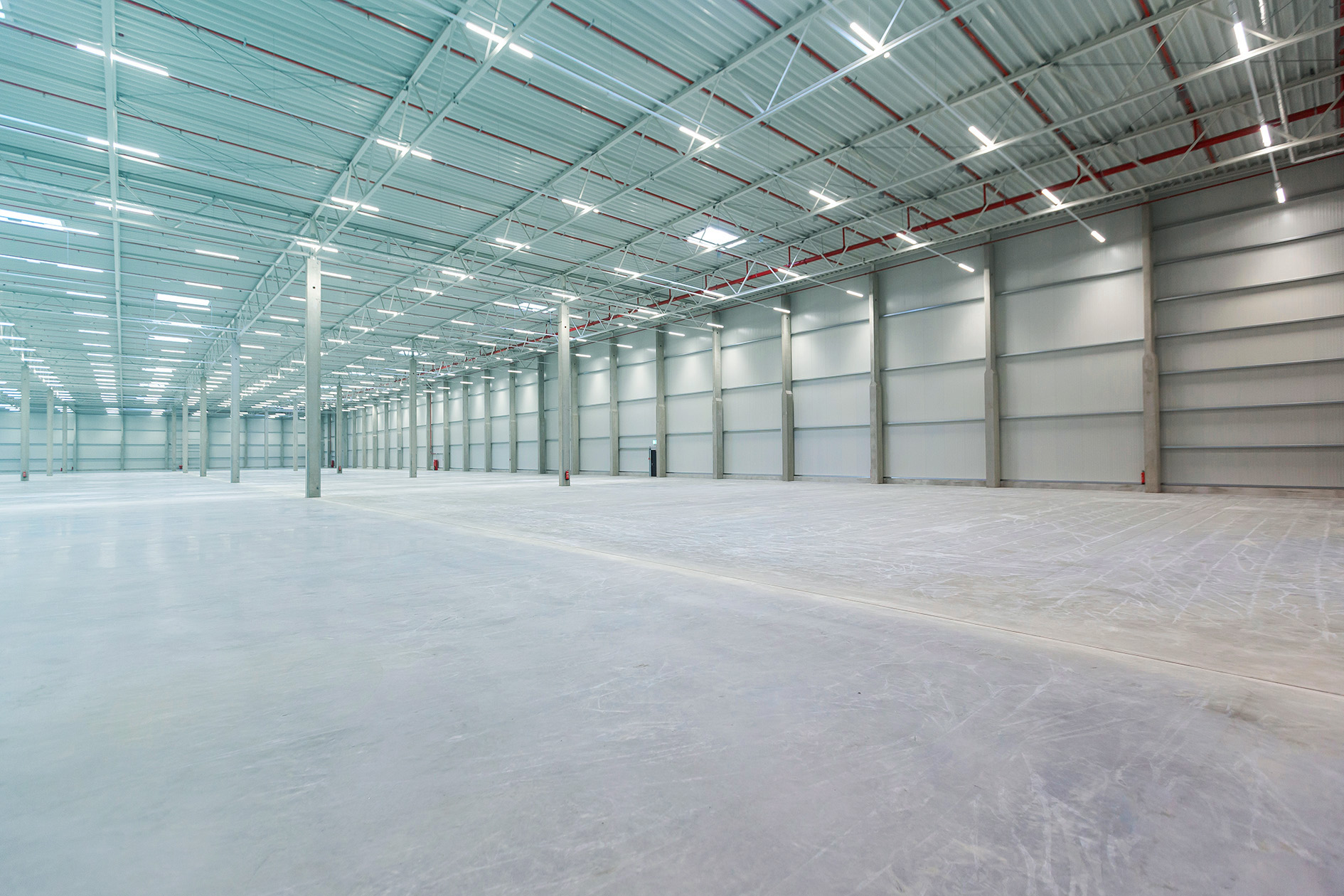Leasing commercial property is a pivotal business decision. It involves more than just finding a suitable location to run your operations; it’s a strategic investment that can significantly impact your business’s growth and success. The commercial property leasing market is a multi-billion-pound industry in the UK. It’s a critical component of our economy, offering businesses of all sizes a flexible and often more affordable alternative to purchasing property outright. The process can be daunting, but with the right guidance, it can be navigated efficiently. This article provides a detailed walkthrough of the commercial property leasing process, aiding you in making informed decisions.
Where to Begin?
As a tenant, before you get started looking for properties, you need to first identify what your business needs from the property, not just now, but in the future too.
The type of space you require will largely depend on the type of service or product you offer. There are different types of commercial properties available, including industrial, retail, and office spaces. Understand the requirements of your business, and choose a space that best suits your needs.
The location of your commercial property is a significant need to assess, as it affects your visibility, the quality of your space and ultimately, your business’s success. Consider the following factors while choosing a location:
Customer Proximity: Where are your customers located? The closer your business is to your customers, the easier it will be for them to access your services or products.
Market Region: Where is your target market? Being in the heart of your market region can enhance your business’s reach and visibility.
Employee Accessibility: Where are your employees based? Choosing a location that is easily accessible for your employees can enhance productivity and job satisfaction.
Business Synergism: Are there other businesses in the area that complement yours? Being located near businesses that offer synergistic relationships can provide added benefits.
Competitor Proximity: Where is your competition based? While being located near competitors might increase competition, it can also place you right in the centre of customer activity.
You also need to consider costs, more specifically your monthly lease payment which will be affected by variables such as; location, size, market dynamics of supply and demand and property condition.

The Process of Commercial Property Leasing
The process of commercial property leasing involves several steps. As mentioned, firstly, businesses need to identify their needs regarding space, location, and facilities. The next step businesses need to look at is engaging a commercial property consultant, like The Lease Negotiator to help them find suitable properties. Once potential properties are identified, businesses should conduct thorough due diligence, including inspecting the property, reviewing the lease terms, and understanding the associated costs with their property agent.
Negotiating the lease terms is a critical part of the process. This is where a property consultant can leverage their knowledge and negotiation skills to secure a favourable deal. The negotiation process can cover various aspects, including the rent, incentives, lease term, rent reviews, break clauses, and tenant’s rights and obligations.
Once the terms are agreed upon, the lease agreement is drafted, reviewed, and signed. It’s highly recommended that businesses engage a solicitor to ensure the lease agreement is legally sound and protects their interests.
Common Terms in Commercial Property Leases
Commercial property leases contain many terms and clauses that a tenant should be familiar with. Here are a few key terms:
Rent: The amount you pay for the use of the property. The rent is usually expressed as a yearly amount but payable monthly or quarterly in advance.
Lease Term: The duration of the lease. This is normally for a fixed term of 5 year intervals, but is subject to negotiation.
Rent Review: A clause that allows the landlord to increase the rent at specified intervals.
Break Clause: A provision that allows a party to terminate the lease before the end of the lease term, subject to certain conditions.
Service Charge: A charge for services provided by the landlord, such as maintenance, security, and cleaning of multi-let properties or properties on communal estates.
Book Your Free 20-Minute Consultation
Whether you’re looking to secure the perfect lease or close a challenging deal, this free consultation could be the game-changer you need.
Fill out the form to schedule your call and take the first step toward a successful outcome.
The Legal Aspects of Commercial Property Leasing
Commercial property leasing involves various legal aspects. The lease agreement is a legally binding contract between the landlord and tenant. It sets out the rights and obligations of both parties and the consequences of breach.
It’s essential to review the lease agreement carefully and ensure that it covers all relevant aspects, including rent, lease term, rent review, service charges, repair and maintenance obligations, insurance, and termination.
Moreover, businesses must comply with various laws and regulations when leasing a commercial property. These can relate to health and safety, fire safety, environmental compliance, and discrimination. Non-compliance can result in penalties and even termination of the lease.
Major Mistakes to Avoid in Commercial Property Leasing
Commercial property leasing can be a minefield, and mistakes can be costly. Here are some major mistakes to avoid:
Not Doing Your Homework: Failing to research the market or understand the lease terms can lead to a bad and costly deal.
Not Engaging Professionals: Trying to navigate the leasing process without professional help can result in mistakes and oversights.
Not Negotiating: Accepting the first offer without negotiation can cost you money and flexibility.
Not Understanding Your Obligations: Failing to understand your obligations under the lease can lead to disputes, penalties, and even termination.
As a tenant, navigating the stages of commercial lease negotiation can be a complex and challenging process. It requires careful consideration, thorough research, and effective communication with the landlord or leasing agent. By understanding the key stages involved, such as initial inquiry, negotiation, and final agreement, tenants can better position themselves to secure favourable lease terms and protect their interests. Better still, give some serious consideration to commercial property consultants, such as us here at The Lease Negotiator. We uniquely work on behalf of tenants to secure the best property for your business with the best leasing terms for your needs, setting your business up for success.



